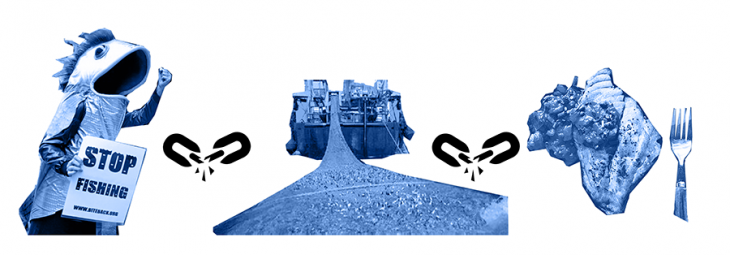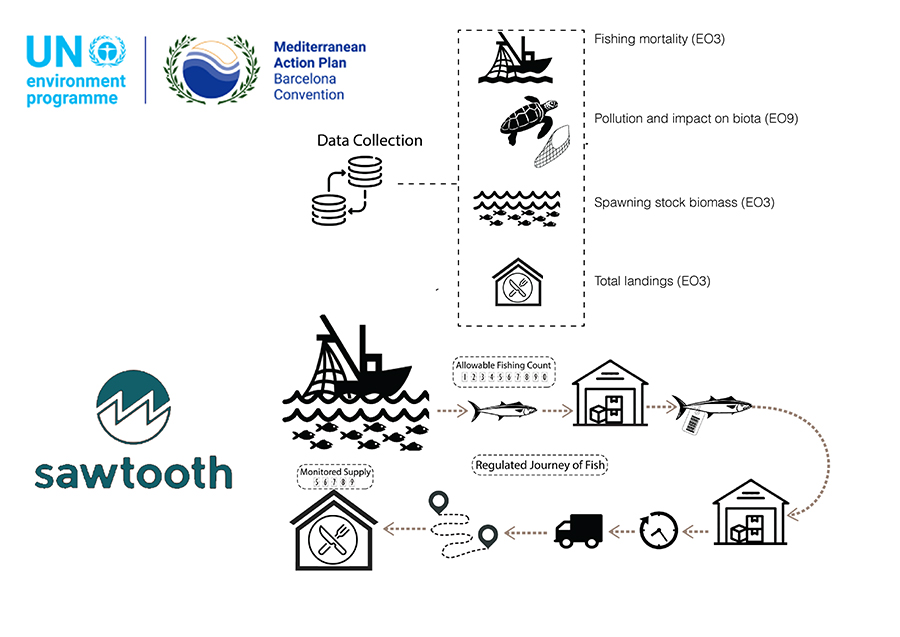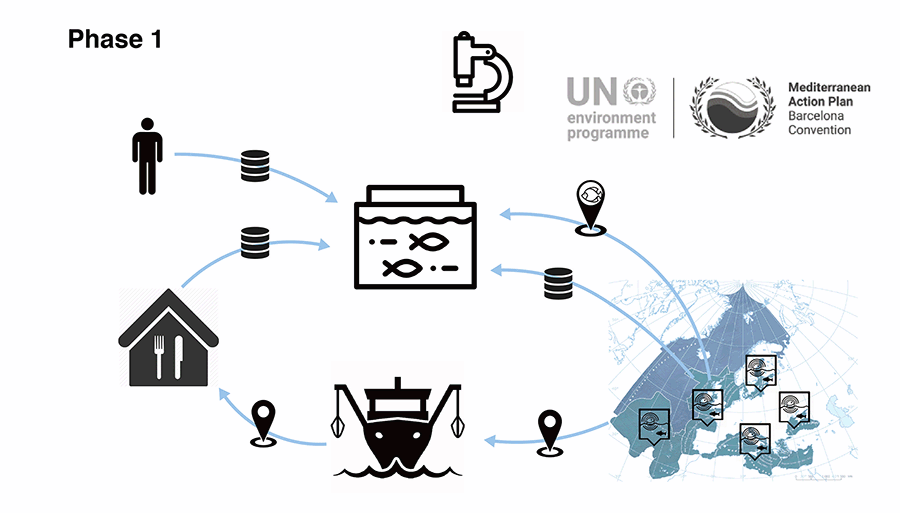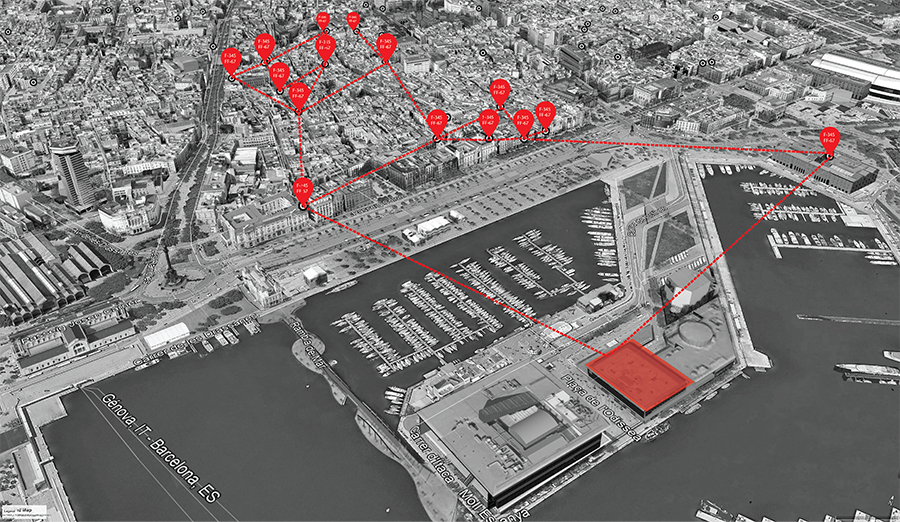Introduction
When talking about marine conservation, the pollution and deterioration in the oceans are the first images that come to mind. However, such urgent but “remote” crisis often fail to change consumption behavior and institutional interests. At the same time, Therefore, we challenge this misconnection by transforming the interface to marine wildlife – the Aquarium. Instead of performing as a data container, as it collects visitor experience for revenue, the aquarium could also be a data exchange platform that brings institutional changes.

Overfishing threats, institutional interests and individual interests unlinked
Precedent study
There are existing policy frameworks on gathering data from marine ecological status as well as marine species status. However, it is reported that key economic sectors, such as fisheries and shipping, require more holistic management to change (UNEPMAP, 2017).
Another innovative approach to push forward sustainable fishery business is tracking fish from sea to table, which inspire us to propose the new chain of data exchange with the aquarium ([Sawtooth], 2020).

Precedent study on existing data exchange platforms
Proposal
We take the Barcelona Aquarium as our case study site, where marine conservation interest exists. The new aquarium will push forward its role on marine species conservation.
1st phase: It retires from ornamental fishes capture. Meanwhile, it accommodates marine species facing extinction (e.g. Atlantic Bluefin Tuna), alone with a database from their on-the-spot peers.
2nd phase: When the status of suitable open habitat improves, it retires from containing living species, and transforms into an immersive experience center for monitoring marine species status.

Transformation of aquarium into a global marine databank
The interior architecture of the aquarium will become an interactive interface establishing conversation between humans and marine refugees. Beyond the physical interface, social media accounts from the refugees and selected monitored species are generated.

Interior interface with endangered marine species
At the cinema facade of the aquarium, children and other visitors could join the survival game based on filming of real ocean conditions. The survival of their simulated marine species depends on how the users reduce their carbon footprint and how much electricity they save.

Interactive game monitoring real marine status
With consumption data connection established, the aquarium will provide promotion opportunities both for sustainable restaurants and sustainable fishery practices. With increasing integrity on global marine species inventory and stock records, the aquarium will provide unique opportunities for scientific research and policy making, where the aquarium could also generate income from the exchange.

Consumer data from seafood restaurant connected to the aquarium
From aquarium to marine databank is a project of IaaC, Institute for Advanced Architecture of Catalonia developed at Master in City & Technology in (2020/2021) by:
Students: Kshama Patil, Matteo Murat, Dongxuan Zhu
Faculty: Nicolay Boyadjiev